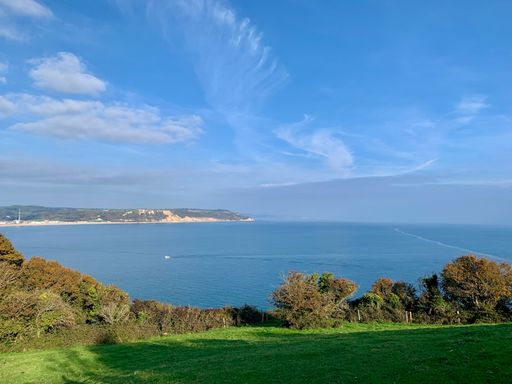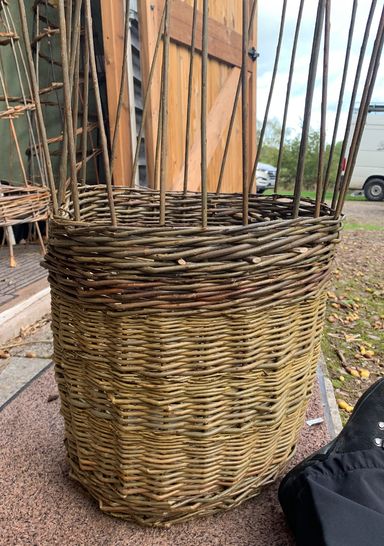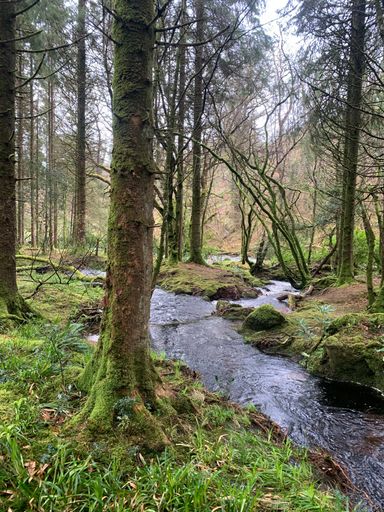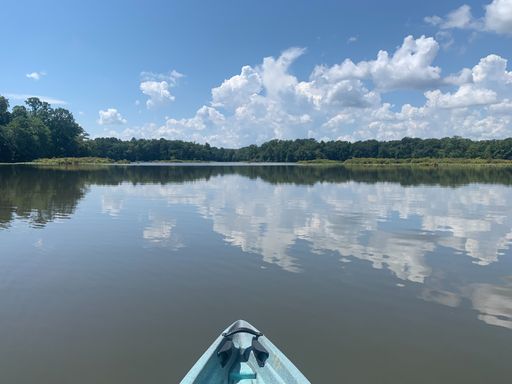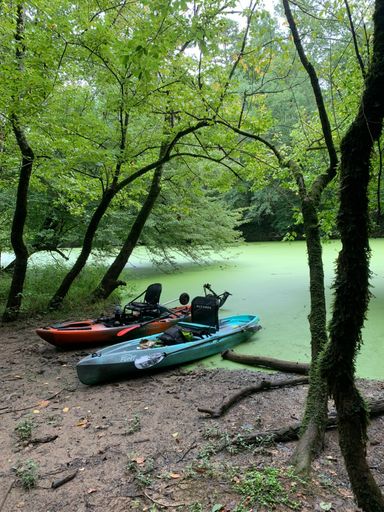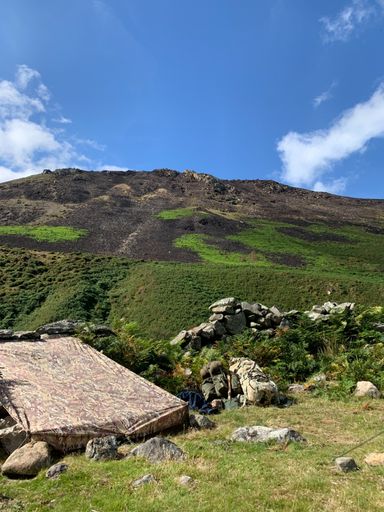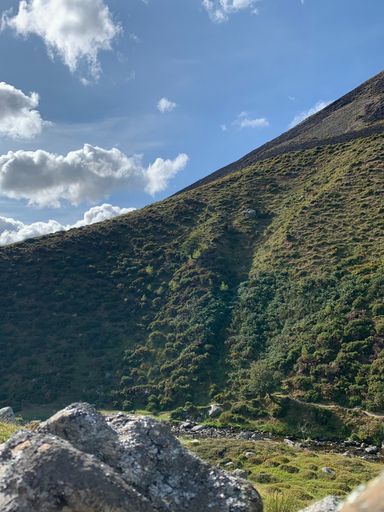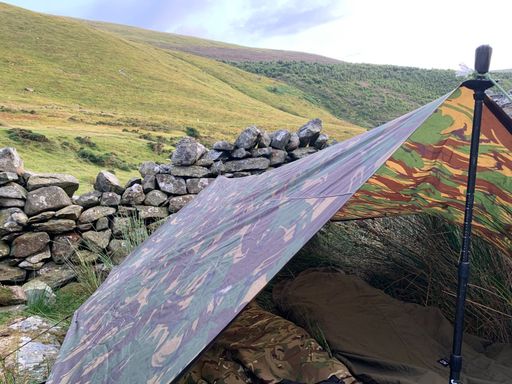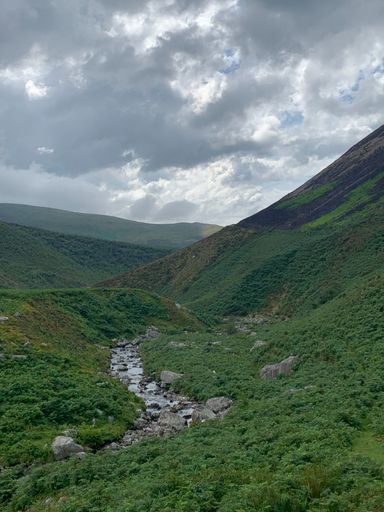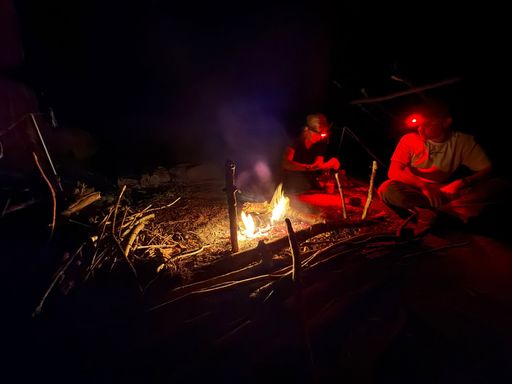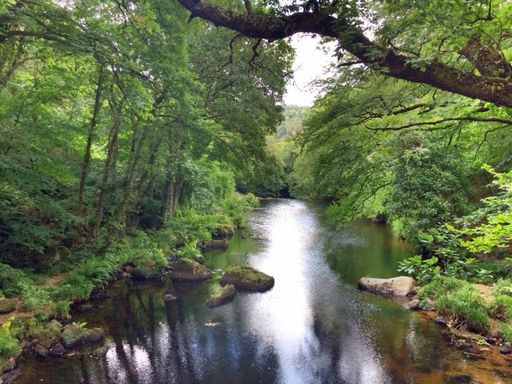Outdoor Life
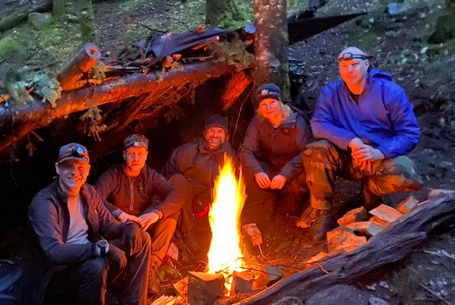
Being outdoors is vital for humans because we are biologically and psychologically designed to be in a relationship with the natural world. Modern life often keeps us indoors, yet our bodies, minds, and spirits thrive when we reconnect with nature. Here are some key reasons:
Biological & Physical Benefits
Sunlight & Vitamin D: Exposure to natural light regulates circadian rhythms, improves sleep, and supports bone health and immune function.
Movement & Fresh Air: Being outdoors naturally encourages walking, stretching, and breathing deeply, which improves cardiovascular health and lung capacity.
Stress Reduction: Nature lowers cortisol levels, heart rate, and blood pressure which in turn calms the nervous system more effectively than indoor environments.
Mental & Emotional Wellbeing
Restores Attention: Natural settings allow the mind to relax from constant stimuli, boosting focus, creativity, and mental clarity (known as attention restoration theory).
Mood Elevation: Time in green spaces is linked to reduced anxiety, depression, and rumination. Even short “micro-doses” of nature can lift mood.
Sense of Wonder: Trees, skies, and shifting weather can evoke a sense awe which broadens perspective and fosters gratitude.
Evolutionary & Spiritual Connection
Ancestral Bond: Humans evolved outdoors. Therefore, our senses are tuned to birdsong, water, soil, and the movement of light. Being in nature feels “right” because it is our original home.
Interconnectedness: Nature reminds us we are part of a living web, supporting practices of mindfulness, spirituality, and ecological care.
Cultural & Ritual Importance: Across traditions (including Shinto in Japan, yoga in India, and Indigenous wisdom globally), the outdoors is a sacred space for ceremony, reflection, and renewal.
Simple Practices to Reconnect
Take daily shinrin-yoku (森林浴, “forest bathing”) walks, even in a city park.
Spend time on the grass or earth to feel grounding energy.
Pause to listen birdsong. Notice the scent of leaves, or the feel of wind. Small sensory moments like these help us better develop a deep relationship with the natural world.

